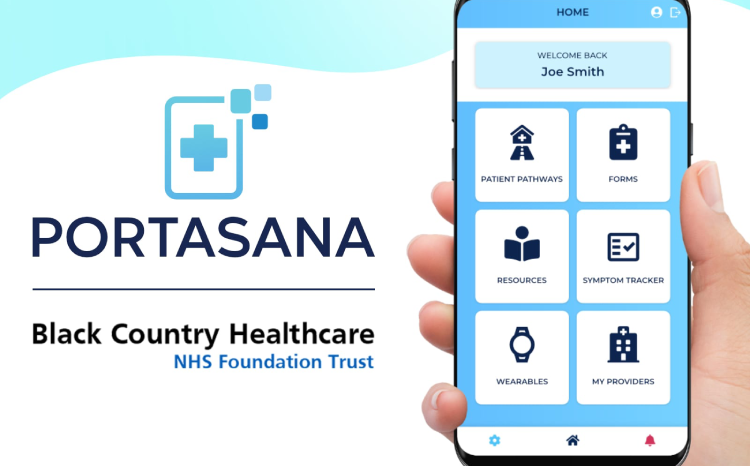EHRs fail to achieve savings – US study
- 11 January 2013

A lack of interoperability and usability among electronic health record systems means the billions of dollars of expected savings have not been realised from their implementaton, a US report says.
The Health Affairs report says a team of RAND Corporation researchers projected in 2005 that rapid adoption of health information technology could save the US more than $81 billion annually.
Seven years later, the use of health IT has increased, but the quality and efficiency of patient care are only marginally better; and annual health care expenditure in the US has grown by $800 billion.
The authors put this disappointing performance down to: “Sluggish adoption of health IT systems, coupled with the choice of systems that are neither interoperable nor easy to use; and the failure of health care providers and institutions to reengineer care processes to reap the full benefits of health IT.”
“We believe that the original promise of health IT can be met if the systems are redesigned to address these flaws by creating more-standardised systems that are easier to use, are truly interoperable, and afford patients more access to and control over their health data,” they add.
The article says that the health IT systems currently dominating the market are not designed to talk to each other and that, until now, health care providers have had little incentive to buy or develop interoperable options.
The high degree of local customisation means interoperability is even a problem between two organisations using the same system and many systems cannot communicate with each other without costly interfaces.
“The lack of progress on interoperability is so stark that it has led some to speculate that major health IT vendors are opposed to interoperability,” the report says.
Low uptake is also a problem as the RAND team specified a 90% threshold, but only about 27% of hospitals are using a “basic” EHR.
The problem is exacerbated by a widespread lack of enthusiasm for health IT.
“The lack of enthusiasm might be attributed, in part, to the sobering results of studies showing that in many cases health IT has failed to deliver promised gains in productivity and patient safety,” the report states.
“An even more plausible cause for providers’ lack of enthusiasm is that few health IT vendors make products that are easy to use. As a result, many doctors and nurses complain that health IT systems slow them down.”
The authors say that major commercial vendors have not made usability a priority.
“If market forces were allowed to work, doctors might drive vendors to produce more usable products. But it is currently difficult, if not impossible, for providers to get comparative data on the usability of competing health IT systems.”
“Some experts fear that the federal government’s health IT incentive program might inadvertently exacerbate the problem by encouraging providers to purchase hard-to-use systems that will be costly to replace at a later date.”
They recommend that user interfaces should be similar enough that a clinician working in one health system can use another without extensive retraining.
Also, that interoperability be improved and, “the locus of control for electronic health information must shift to the patient instead of remaining in the hands of an individual provider.”
“Fully interoperable, patient-centered, and easy-to-use systems are necessary but insufficient to unlock the potential of health IT.
“Ultimately, there is only so much that the government and vendors can do. Providers must do their part by reengineering existing processes of care to take full advantage of the efficiencies offered by health IT," the report concludes.




